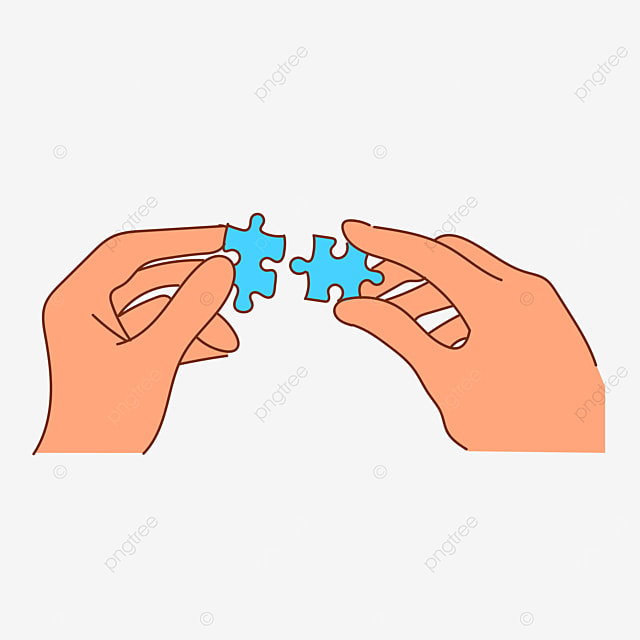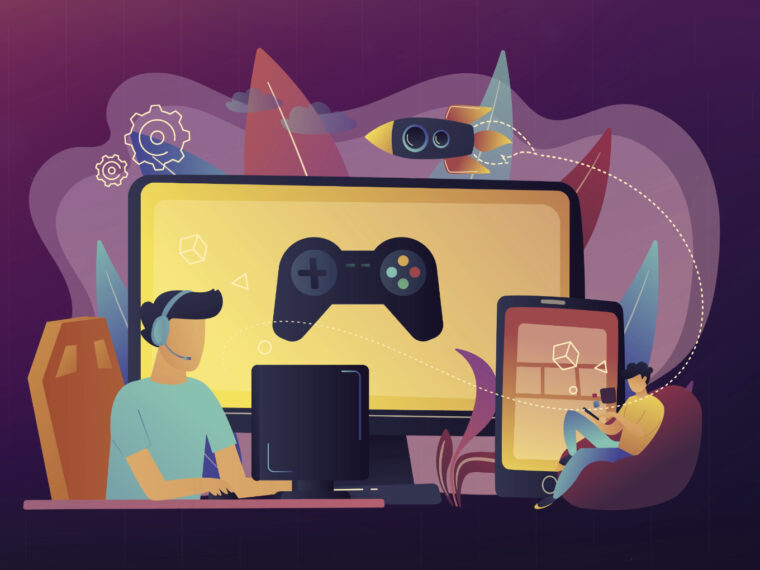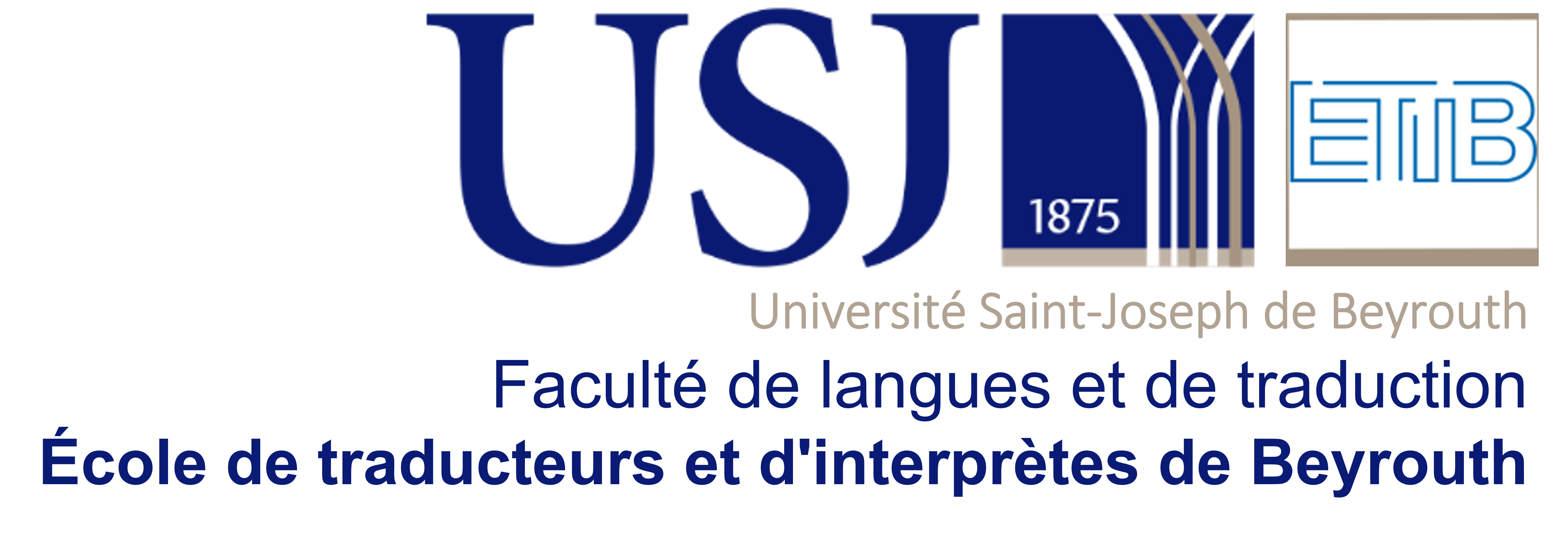There must be an added value behind the skill-sets of the translators who like baking, the ones who like extreme sports, or the ones who just like math. Hobbies are incubators for traits that seamlessly translate into valuable assets in the workplace.
During my experience working in the Careers and Placement Office (SIP), I helped students correct their CVs, but I had always wondered about the origins of our skills. Why do I, as a translator, know how to efficiently multitask? Then it dawned on me: my pastime hobby is cooking! One should master the art of multitasking to be able to prepare a full course meal. Unconsciously, this skill is incorporated in my professional life as well. In other words, our soft skills, that are crucial for our professional life, come from hobbies!
Puzzle-Solving for Critical Thinking

Every piece of a puzzle has a specific space where it just fits perfectly. The same thing can be said for words in a text: you look for that specific “piece” to fit it in your “puzzle”. Your love for puzzle-solving builds your critical thinking and your eye to details. This hobby enables translators to go beyond literal translation, considering cultural nuance and subtleties of language to provide accurate translations.
Baking for Multitasking
Kneading your dough while preparing your pie filling is just like researching terminology while simultaneously working on other parts of a text. However, it’s important to be aware of the potential downsides of multitasking in both baking and translation. Don’t burn your pie crust and don’t compromise the meaning of a text! Your text is your “brioche with raisins”. The raisins should stay the same after baking, they represent lexical correspondences, while the dough that coats the raisins must be processed for the brioche to be appetizing and flavorful.

Improv for Adaptability

Just as in improv, translators must respond swiftly to unexpected nuances or terms lacking direct equivalents. This quick thinking and adaptability are crucial for maintaining the fidelity and relevance of the translation. Moreover, improv teaches flexibility, allowing translators to smoothly adjust tone and style for different contexts, from legal documents to creative fiction. By embracing improv principles, translators develop the ability and creativity needed to navigate the complexities of language and culture.
Online Gaming for Technical Skills
Online gaming hasn’t really been my thing, and as expected, I am struggling with adapting to Computer Assisted Translation (CAT) tools… Gamers frequently face technical problems such as setting up softwares, resolving issues and troubleshooting problems. These activities deepen their knowledge in digital tools and technology. In today’s fast-evolving world of technology, gamer translators benefit because they can easily adapt to new tools and software.

By embracing diverse interests outside of their profession, translators enrich their capabilities and elevate the quality of their work. As the world evolves and demands for translation services to grow, these skills become increasingly crucial. Have you ever considered the positive (or negative) impact of your passions on your abilities as a translator? Join the conversation by sharing how your hobbies affect your work life!



Translators are incredibly versatile! Their critical thinking enables them to appreciate and enjoy each activity they do, turning them into valuable learning opportunities!
Exactly! No activity, however simple, is wasted. There is always a gained knowledge/skill earned.
I never realized how hobbies can affect our profession as translators,
As someone who plays basketball i believe that fast and critical thinking are important and they can affect the whole performance. The more we develop this kind of thinking the better we play and i think it affects our role as translators.
To think faster and better to achieve our best results!
Exactly! it’s awesome that there is a link in everything, even between basketball and translation!
As a designer, I appreciate how this article emphasizes the importance of embracing diverse interests outside of our profession. Just like translators benefit from their hobbies, I find that my passion for photography not only fuels my creativity but also enhances my attention to detail and ability to think critically. It’s a reminder that our hobbies can significantly impact our professional skills and contribute to our success in the ever-evolving design industry.
Having photography as a skill is very interesting! I am sure it helps you in your job as a designer, as they are somewhat in the same field
Honestly I didn’t expect an article about baking to be so relatable hahah
I may not bake, but through what you said I’d say I do agree that every little aspect in your life even the ones that may seem unimportant do shape us as people.
Everything we do and think makes up who we are.
Just like a story you wouldn’t want a character to be out of place.
This is a reminder to enjoy the little things and see the value in all we do!
Thank you for this comment Aida, I love it! Beauty truly is in the smallest things.
That was truly interesting, I myself am searching for new hobbies to try out and now knowing that they’re linked to certain professional life skills would help me figure out what I’d like to try and what skill I’m interested in improving using a fun way. Thank you for this!
Maybe your new hobbies will unlock new skills for you to use in your work! Good luck Maya!
Now I understand when they said us that Translation is door to many opportunities !! The most important thing in life is to follow our passion and practice it frequently !! The creativity comes when we mixed two different majors together and be professional and being an example for others.
Thank you for sharing your thoughts with us !
Wow! I have never thought about how my hobbies and interests shape how I interact with unrelated things in my daily life. But looking back, they do a lot! Ever since I was a child, I was always interested in tech, such as news about new phones or computers, and it helped me become comfortable with tech and able to understand how it operates. I would sit for hours trying to solve a problem I encountered and refuse to ask for help from a technician because it was so interesting; I would rather figure it out on my own. I would also just disassemble devices to see what they looked like and reassemble them after. I even used to fix my extended family members’ devices, whether it’s software or hardware, haha!
I never realized why it would be me at work, for example, finding solutions for problems I have zero experience in, such as fixing the fire alarm system or the coffee machine, or even finding ways to keep food cold when the freezer breaks. I would be confused about how something can be so clear to me when it obviously shouldn’t because people around me wouldn’t be seeing what I am seeing. But I can credit that to my interest in learning about tech as it evolves and my love for solving issues and problems I have zero knowledge of. I think the combination of my satisfaction from finding solutions and my interest in new tech gave me problem-solving skills I would have never developed another way, not only with fixing tech but finding practical solutions for problems in general.
That’s amazing! it really makes you think how every tiny interest we have had as children, actually reflect themselves in our current day-to-day lives!
As a medical professional and gamer, I’ve noticed that gaming has enhanced my surgical performance. Gamers like myself excel in surgeries due to our ability to distribute attention effectively throughout the operating room and quickly adapt to unexpected situations. This blend of focus and adaptability from gaming translates seamlessly into high-pressure medical scenarios.
That’s very interesting! I have never realized that gaming could help in the medical field
oh wow… i always get complimented on my multitasking skills at work but i never related it to my passion for baking! very interesting way to think about stuff
It is really interesting: behind every skill we have, lies a hobby!
What an insightful and engaging piece! I loved how you drew the parallels between the hobbies and professions. Keep up the great work!
Thank you for your comment!
This article is very interesting! Personally multitasking and hobbies are very relevant and helpful in my career as a marketeer.
I believe so as well! Thank you for your comment Yara!
I found the article to be incredibly insightful and thought-provoking. Personally, it resonated with me as it made me reflect on my own hobbies and how they might be shaping my abilities in my professional life. Overall, I believe this article is a valuable reminder of the importance of embracing diverse interests and how they can enrich our capabilities in the workplace.
Thank you Rana for your comment!
this article had me thinking how reading novels, and immersing yourself into it, imagining every detail and creating a whole scene in your head just through printed words, from the characters appearance down to the place where the actions are happening, enhanced my creative thinking and opened a door of new ways of imagining things for the world of interior design which i study.
That’s a great, perfectly illustrated, example! thank you Ali for your insight
Love this perspective! It inspired me to reflect on the positive impact of my hobbies on my work life. It’s like discovering hidden superpowers in the things we love to do.
exactly! our skills are our superpowers
Very relatable and beautifully written!
Thank you Jana! what about you? how did your hobbies help you in your professional life?
I’m a translation student and I like to read and draw.
I was able to develop my sense of creativity through reading different novels and drawing landscapes and nature.
This helped me write my translations in a more articulate way, with better structures and a different writing style than before.
That’s very interesting! thank you for your insight
As an amateur baker, the baking analogy makes so much sense to me!
It really does!
I have never thought about it this way! I have been a teacher for 30 years, and I just realized that my passion for cooking (we share similar hobbies!) illustrates itself in my multitasking abilities while teaching and handling a class.
What an amazing coincidence!
Very interesting article! i have been an active gamer a few years now and i am working in a technological environment, so i can say that my gaming skills definitely enhanced my technical skills.
That’s great! thank you for your insight
As a psychologist, I find this article resonates with the importance of interdisciplinary skills and diverse interests in professional growth. Just as translators benefit from hobbies enhancing critical thinking and adaptability, psychologists can see how their own hobbies contribute to their practice, enriching their approach to therapy and research.
Exactly! the concept of hobbies shaping your professional skills applies to every career, which is amazing how the brain works!
This article eloquently showcases how diverse hobbies enhance professional skills, particularly in translation. As an international affairs enthusiast who enjoys cooking and horseback riding, I appreciate the parallels drawn. Cooking sharpens multitasking, while puzzle-solving fosters critical thinking. The insights resonate deeply, reflecting the fusion of passion and profession.
Exactly! How does horseback riding help you in your international affairs career? Does it have to do with adapting to the horse flow, and to the flow of conferences in parallel?